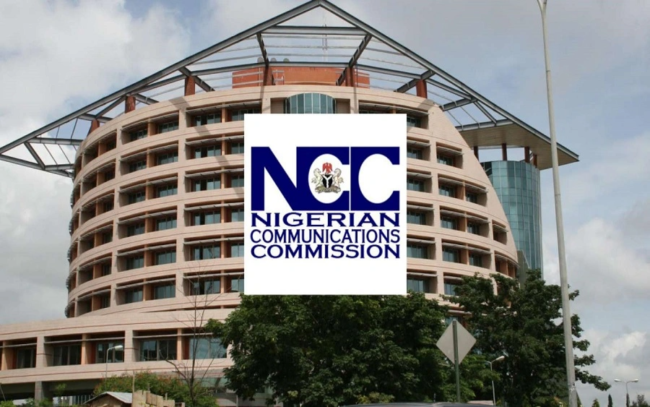The Nigerian Communications Commission (NCC) says to be creating a strategy to encourage the use of renewable energy sources by telecom businesses.
The Policy will ensure that using clean energy sources for power has the potential to address the three primary needs of the telecom industry, namely: a decrease in the use of diesel; the expansion of telecom infrastructure to off-grid areas; and a decrease in carbon emissions, according to NCC Executive Chairman and Chief Executive Officer Umar Danbatta.
These were announced by Danbatta, who was represented by NCC Executive Commissioner for Stakeholder Management Mr. Adele’s Adewolu, at the Commission’s celebration of the 2023 International Consumer Rights Day on Tuesday in Abuja.
The Commission, according to the EVC, worked to make the Central Bank of Nigeria’s (CBN) cashless policy easy for Nigerians to use by making sure that the connectivity platforms that underpin electronic transactions are strong enough to handle the sudden increase in demand for cashless transactions.
Speaking at the event themed: Empowering Consumers Through Clean Energy Transitions, he said: “With the recent licensing of the Fifth Generation (5G) spectrum, Nigeria will witness an increased deployment of telecom infrastructure to satisfy the wireless service coverage requirement for 5G services. This anticipated growth in the number of 5G coverage will trigger high demand for data services which will result in increased energy consumption for the network infrastructure especially the Base Transceiver Stations (BTS), Internet of Things (IoT), 5G Customer Premise Equipment (CPEs) and mobile devices for example. This requires the industry to look for green and sustainable power solutions required for the connectivity of IoT devices and network optimization.
Read Also: hyppadec-prepares-for-2023-nimet-flood-prediction
“All over the globe, telecom companies are among the biggest energy users, as a result of the stiff industry competition which causes them to try to satisfy their consumers by providing higher-speed networks. With the rising utility costs, it is critical for companies to reconsider the sustainability of their operations by lowering the operational impact on the environment. This is more so because it has been found that implementing energy efficiency measures could potentially reduce the operating costs of telcos by up to 20%.
“Some of these energy-efficiency measures include the redesign of the Radio Access Networks (RAN) of Base Stations which were initially built to maximize connectivity, not energy efficiency. More than 75% of the time, the radio base station resources remain unused because of the hardware components activated at all times to transmit system information and synchronization and reference signals. Therefore, to avoid waste heat, some of 5G’s newest RAN is equipped with an energy-saving measure allowing for the automatic switching of components. Some other energy efficiency measures can also include the use of renewable energy sources (hydrogen, wind, solar etc.) to supply the energy needed.”
Story adapted from The Sun
